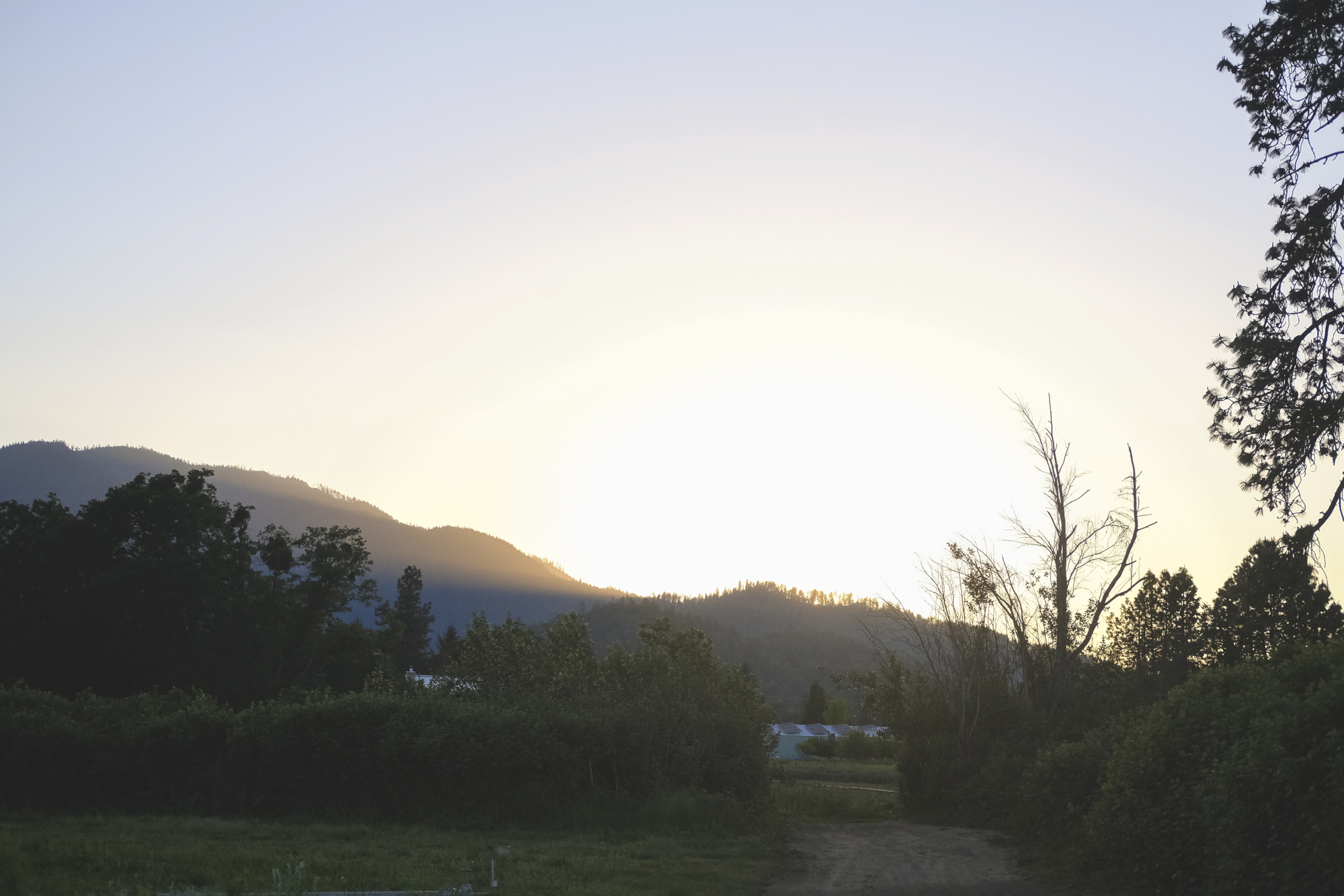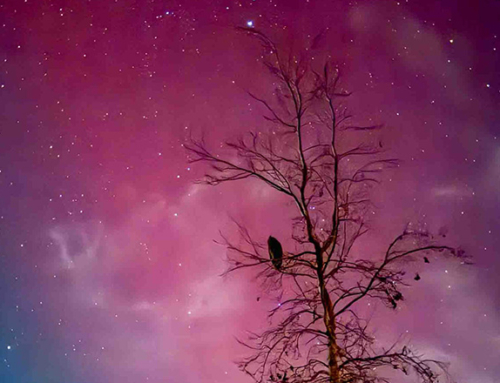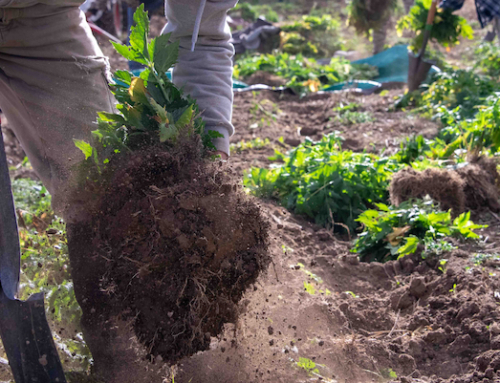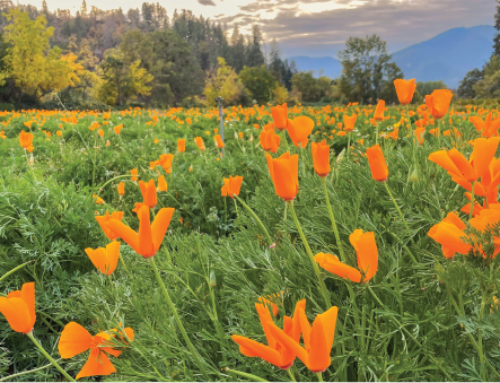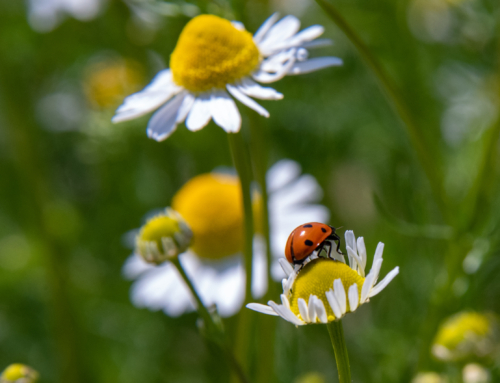We wish to begin by acknowledging the traditional custodians of the land on which we stand and operate, the Dakubetede people, who once lived and thrived in a group of Athapascan villages on Applegate Creek, Oregon. They spoke a dialect closely identical to the Taltushtuntede who lived on Gallice Creek, indicating a deep connection with their neighboring communities.
We honor the enduring presence of the Dakubetede, their deep spiritual connection to this land, their vibrant culture, and their guardianship over its flora, fauna, and waterways. We remember their history, including the intertwining of their lives with the Shasta and Takilma, their neighbors, through intermarriage and shared stewardship of the land.
Regrettably, in 1856, the Dakubetede, along with other regional groups, were forced to leave their traditional lands and were removed to the Siletz Reservation. We acknowledge this painful history and express our deepest respect for the strength and resilience of the Dakubetede people, who have withstood such hardships.
As we stand upon this land, we pay respect to their Elders — past, present, and emerging — and acknowledge the significant role they continue to play in preserving and sustaining their culture and this land.
We pledge to honor this land by cultivating it respectfully and sustainably, following the teachings and wisdom of the Dakubetede people and the broader Takelma Tribe. We are deeply grateful for the privilege we have to continue our work on this land.
We commit to fostering a deeper understanding of the Dakubetede people’s ways of knowing and being, and in doing so, hope to strengthen the ties that bind us all to this Earth. Let this acknowledgment reflect our commitment to dismantling the barriers of colonial structures and creating space for Indigenous wisdom and leadership in our communities.
We thank the Dakubetede and Takelma peoples for their enduring stewardship and express our sincere respect for their vibrant, resilient cultures, and for the sacrifices they have made and continue to make for the wellbeing of their land and peoples.
